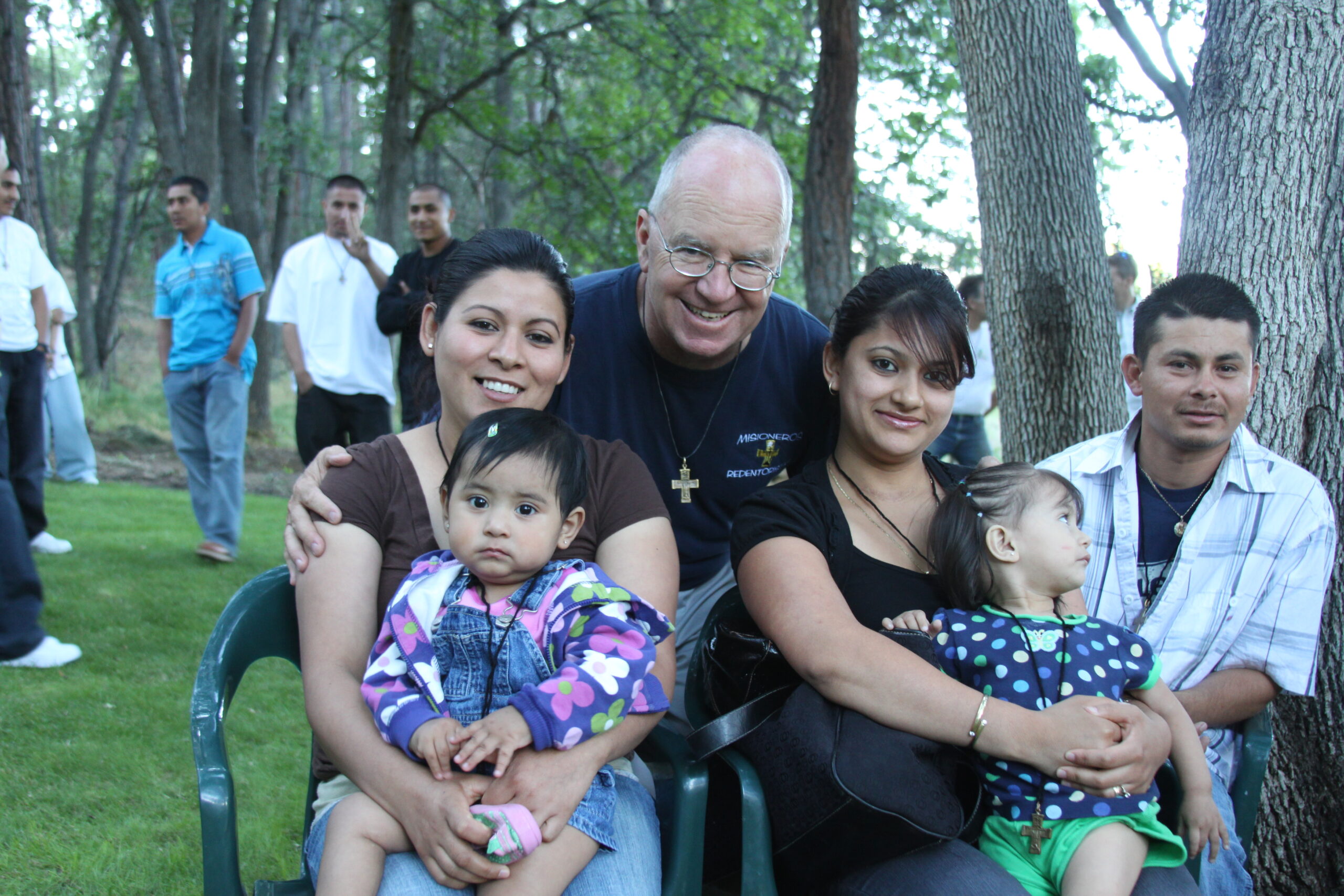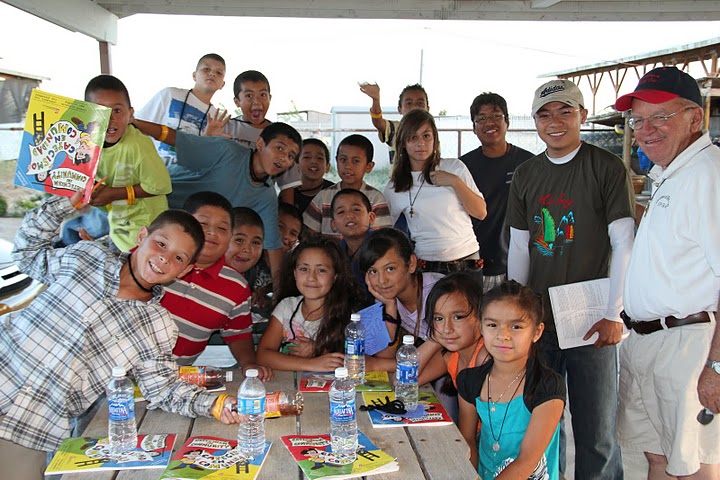Ministry Today: Good Practices #2 / Ministerio Hoy: Buenas Prácticas #2
Call Attention to Good Practices
One Sunday, when preaching at all the Masses in a parish to announce the beginning of a parish mission, a pastor and I greeted people as they came into the church. Before the English Mass, a family entered and asked, “Where are the restrooms?” A few minutes later another person entered and asked the same question. The pastor observed, the number one question I am asked at the door of the church before the English Mass is: “Where is the restroom?” He then said that before the Spanish Mass, the questions are: “What do I have to do for my baby to be baptized?” or “What do I do to register my child for First Communion?” One group needs relief, the other needs sacrament.
When a person asks sacramental questions, it is a good practice to get some information about the person or family seeking the sacraments, but migrants often ask for sacraments at inconvenient times. Some parishes have been creative in helping a priest when a request needs more than a moment to respond. Here is one example that appears so simple, but could not be done without the help of lay volunteers.
This was in an older church that did not have a large gathering area. As the priest greeted people leaving the Mass, he had a volunteer or two who would take information from the person and he promised that either he or a staff person would follow up in the next day or two. The volunteer took the information about the family, asked what time a call could be made and promised that they would receive a call. The individual attention and follow-up allowed for a pastoral response to the specific needs of the petitioner, and for the pastor to greet more of the people.
Within the Spanish-speaking community, it is important to provide access to the sacraments recognizing concerns of language, job and immigration stability, and timeliness of ministry for not only the petitioners, but for other family members. Sometimes not much more may be needed than information for the records and the setting of a date for a baptism, but sometimes other needs for the family may surface. Most important is assuring the petitioner that the parish will help them receive the grace of the sacraments.
(Tomorrow: discovering hidden talent)
Llamar la atención a buenas prácticas
Un domingo, mientras predicaba en todas las misas en una parroquia para anunciar el comienzo de una misión parroquial, un pastor y yo saludamos a las personas que entraban a la iglesia. Antes de la misa en inglés, una familia entró y preguntó: “¿Dónde están los baños?” Unos minutos más tarde entró otra persona e hizo la misma pregunta. El pastor observó, la pregunta número uno que me hacen en la puerta de la iglesia antes de la misa en inglés es: “¿Dónde está el baño?” Luego dijo que antes de la misa en español, las preguntas son: “¿Qué tengo que hacer para bautizar mi bebé?” o “Quiero inscribir a mi hijo en la Primera Comunión.” Un grupo necesita alivio, el otro necesita un sacramento.
Cuando una persona pide los sacramentos, es una buena práctica obtener más información de la persona o la familia buscando los sacramentos, pero muchos migrantes piden los sacramentos en momento inoportuno. Algunas parroquias han sido creativas al ayudar a un sacerdote cuando la solicitud necesita más de un momento para responder. Aquí hay un ejemplo que parece sencillo, pero que no podría hacerse sin la ayuda de voluntarios laicos.
Esto fue en una iglesia antigua que no tenía un área de reunión grande. Mientras el sacerdote saludaba a las personas saliendo la misa, tenía uno o dos voluntarios que tomarían información de la persona pidiendo acción del padre. El padre prometió que él o un miembro del equipo pastoral va a llamar la persona en los siguientes días. El voluntario tomó la información sobre la familia, preguntó a qué hora se podía hacer una llamada y prometió que recibirían atención. La atención individual y el seguimiento permitieron dar una respuesta pastoral a las necesidades específicas del peticionario y que el pastor salude a más personas.
Dentro de la comunidad de habla español, es importante brindar acceso a los sacramentos reconociendo las preocupaciones de idioma, estabilidad laboral y migratoria, y la oportunidad del ministerio no solo para los peticionarios, sino también para otros miembros de la familia. A veces, no se necesita mucho más que la información para los registros y el establecimiento de una fecha para un bautismo, pero a veces pueden surgir otras necesidades para la familia. Lo más importante es asegurarle al peticionario que la parroquia le ayudará a recibir la gracia de los sacramentos.
(Mañana: descubriendo el talento oculto)






